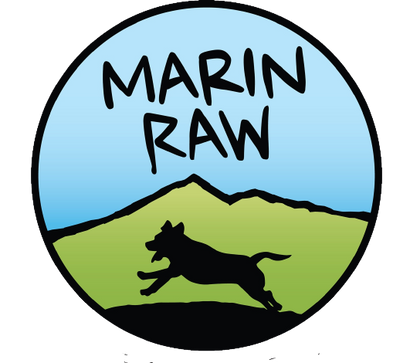Your Cart is Empty
Freeze-Dried Duck Hearts
$18.99 - $30.99
Freeze-dried duck hearts offer several health benefits for both cats and dogs. Here are the key advantages:
Nutritional Benefits:
- High in Protein: Duck hearts are a great source of high-quality protein, essential for muscle growth and repair.
- Rich in Taurine: Duck hearts contain taurine, an amino acid crucial for cardiovascular health, vision, and reproduction. Cats, in particular, require taurine in their diet as they cannot synthesize it sufficiently.
- Balanced Fat Content: Duck hearts provide a healthy balance of fats, including essential fatty acids that support skin and coat health.
Vitamin and Mineral Content:
- Vitamin A: Supports eye health, immune function, and skin health.
- Iron: Important for blood health and oxygen transportation.
- B Vitamins: Essential for energy metabolism, nervous system health, and maintaining healthy skin and coat.
Digestive Health:
- Easily Digestible: Freeze-dried duck hearts are gentle on the stomach, making them suitable for pets with sensitive digestive systems.
Dental Health:
- Chewy Texture: The texture of duck hearts helps in reducing plaque and tartar buildup, promoting good dental hygiene.
Convenience and Safety:
- Long Shelf Life: Freeze-drying preserves the nutrients and extends the shelf life without the need for preservatives.
- Minimal Additives: Typically free from artificial additives, making them a healthier treat option.
Palatability:
- Highly Appealing: Most cats and dogs find the taste of duck hearts irresistible, making them an excellent option for picky eaters or as a high-value treat for training.
Allergy-Friendly:
- Novel Protein Source: Duck hearts can be a good alternative protein source for pets with allergies to more common proteins like chicken or beef.
Heart Health:
- Nutrient-Dense Organ Meat: Organ meats like duck hearts are nutrient-dense and can contribute to overall vitality and health.
Incorporating freeze-dried duck hearts into your pets' diet can provide these benefits, enhancing their overall health and well-being. As with any new food, it's advisable to introduce it gradually and consult with a veterinarian to ensure it fits well with your pet's dietary needs.

